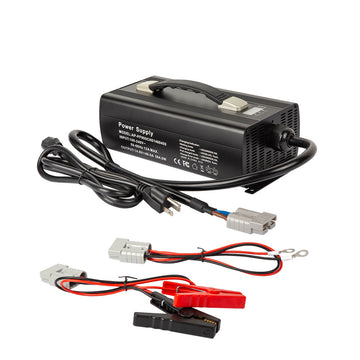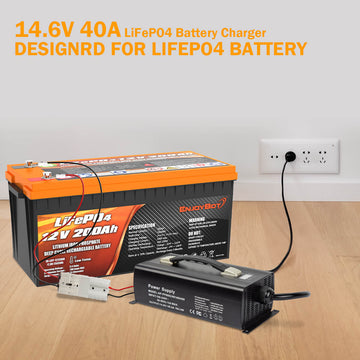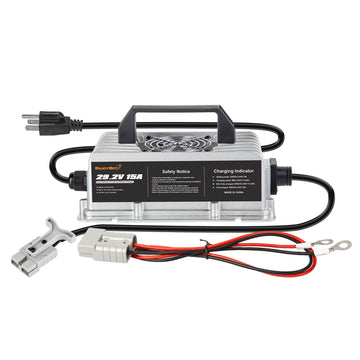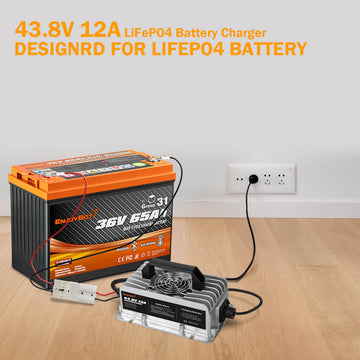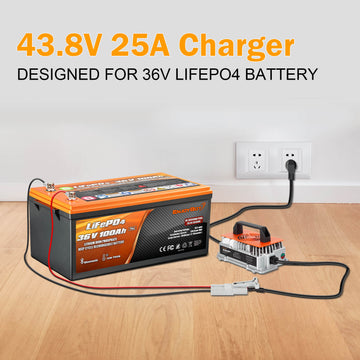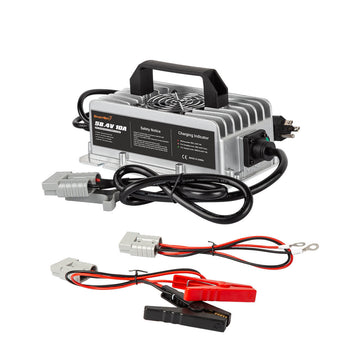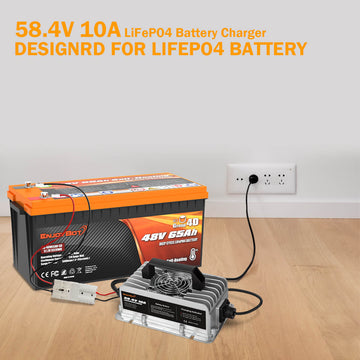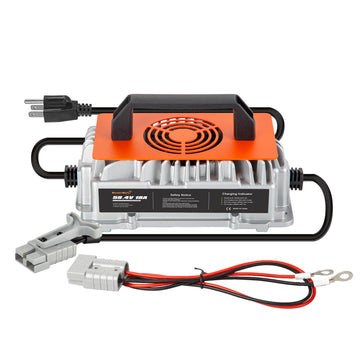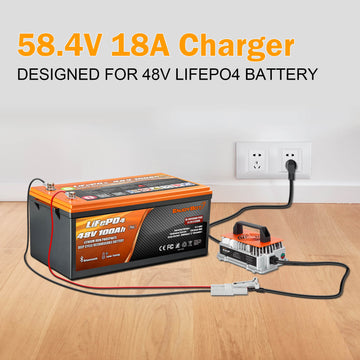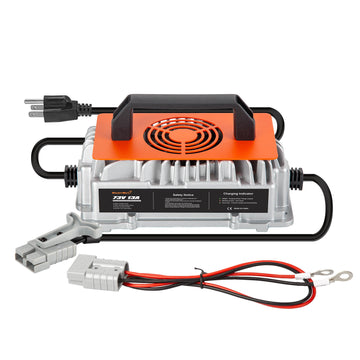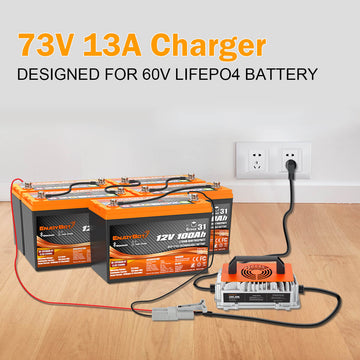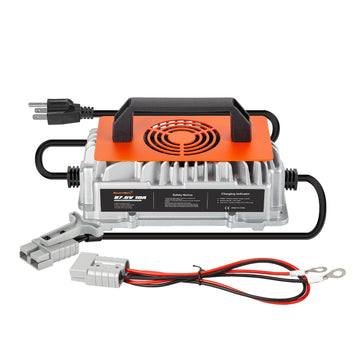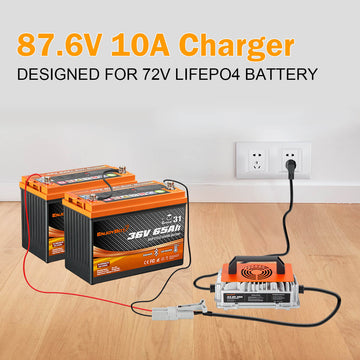What is Grade A LiFePO4 cells?
What is Grade A LiFePO4 cells?
The fact
The manufacturing process for lithium-ion batteries involves stringent quality control measures. In order to ensure a high-quality product, approximately 10% of the cells produced are rejected and classified as B-grade cells due to performance or cosmetic defects. B-grade cells also have a minimum performance expectation and if they do not meet it, they are further classified as C-grade cells. C-grade cells are the lowest priced cells in the market and can be used for single-cell portable applications operating at a very slow charge and discharge rate with reduced expected battery life.

What makes a battery cells Grade A?
Grade A LiFePO4 battery cells are the industry’s highest quality cells. They meet all quality standards, including appearance, dimensions, and function. They are made with the best materials and are more stable when charged and discharged at different temperatures.
What makes a battery cells Grade B?
In any factory, it is inevitable that defective products will be produced. The rate at which defects occur is an indicator of the overall quality of a factory. In the lithium battery industry, there will not be a big gap between first-line manufacturers and third-line manufacturers based on technology, ingredients, etc.. Still, there will be a difference in their production processes and manufacturing processes. While first-tier manufacturers can achieve about 2% defective rates, second and third-tier manufacturers may reach 5–10%. This discrepancy in defect rates is a major contributor to the production of low-grade batteries.

Enjoybot has strict quality control over the battery cells
Most factories use Grade A LiFePO4 battery cells to make their batteries, as Grade A battery cells are generally more reliable and last longer. The factory places an order for the battery cell directly from the manufacturer. The manufacturer arranges production according to its own production capacity and technical ability. After a series of manufacturing processes, it delivers the final product to the customer. Before placing an order, most factories communicate with the battery manufacturer regarding its capacity, thickness, length, width, etc.
Enjoybot uses Grade A LiFePO4 battery cells to make the batteries. In order to ensure that our cells meet the specifications listed in the datasheets, our technical team runs each cell through a series of test procedures. If the results match what is listed on the datasheet of a supplier, we will consider those cells Grade A. If not, they are Grade B.

Once the LiFePO4 battery cells are delivered, we will measure their rated capacity and internal resistance. When its rated capacity is at a predetermined value and its internal resistance is below a specified value, it is said to be an A-grade cell. B-grade batteries that fail will be returned to the cell factory.
Each cell of the Enjoybot battery will be labeled with a unique QR code to serve as a guarantor of authenticity. This makes it easier for manufacturers to offer after-sale services and distinguishes Grade B cells (which are otherwise indistinguishable) as unqualified ones. Manufacturers will remove this label when offering warranties, so if you find a battery with its QR code covered up, it is most likely a Grade B cell.
The End
If you have questions about this article, you can contact us via service@enjoybot.com

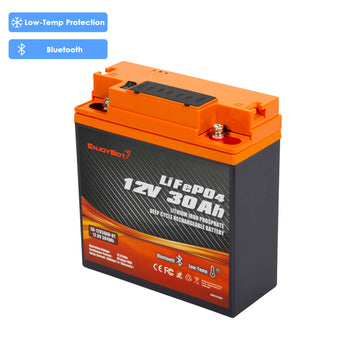
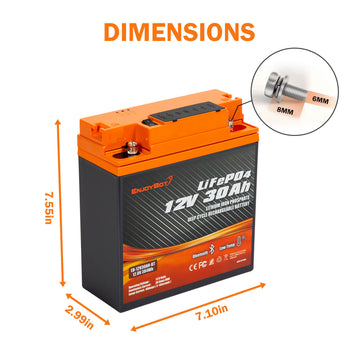












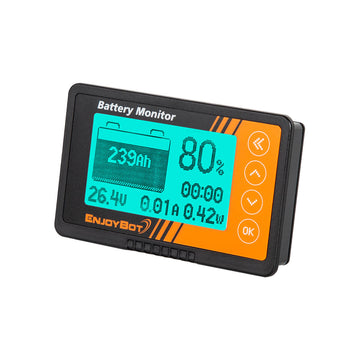
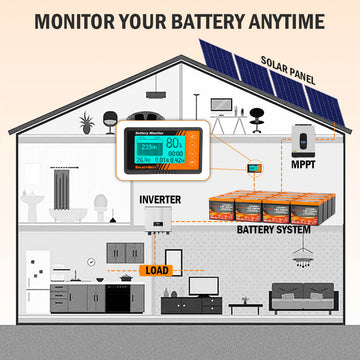
![[Upgraded Version] Enjoybot 14.6V 20A Waterproof Mountable LiFePO4 Lithium Battery Charger For 12V LiFePO4 Battery](http://enjoybotbattery.myshopify.com/cdn/shop/files/14.6V_20A_Waterproof_Battery_Charger_1_360x.jpg?v=1752565609)
![[Upgraded Version] Enjoybot 14.6V 20A Waterproof Mountable LiFePO4 Lithium Battery Charger For 12V LiFePO4 Battery](http://enjoybotbattery.myshopify.com/cdn/shop/files/14.6V_20A_Waterproof_Battery_Charger_2_360x.jpg?v=1752637374)
